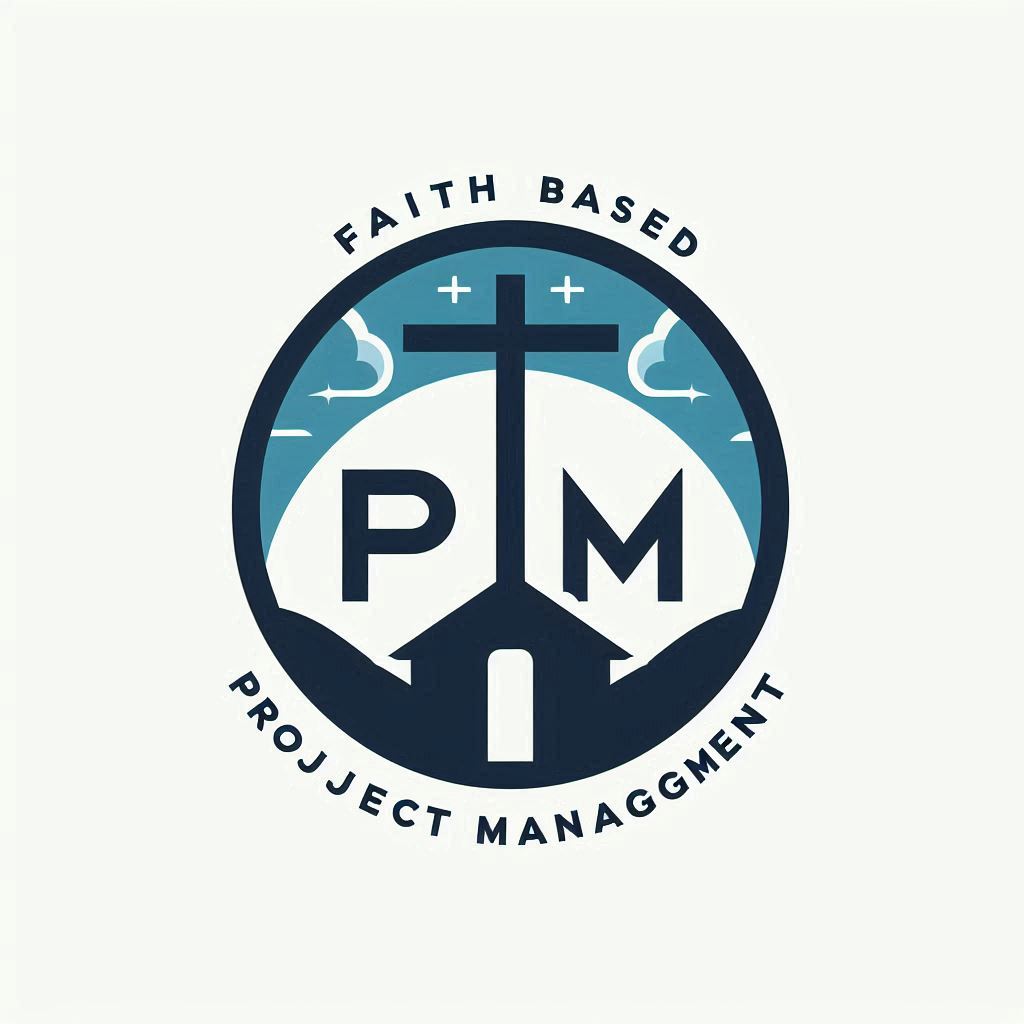Project management at its heart is about bringing tasks, resources, and people together to achieve a common goal. Think of organizing a wedding. You need a venue, a team for planning, and a checklist to keep things on track. Faith-based project management takes this further by grounding practices in spiritual beliefs and ethical guidelines shaped by religious traditions.
In this approach, ethical considerations and spiritual principles become part of every project phase, making sure integrity is at the forefront and that the project aligns with larger moral or spiritual objectives. This is the significant difference from secular project management, where the focus might lie solely on timelines and budgets.
Setting out on a project with these principles steers efforts with a moral compass. Decisions aren’t just about efficiency but also about ensuring fairness, justice, and community benefit in every aspect. Consider a faith group working on a charity project. They’re not just crunching numbers; they’re aligning their plans with values like fairness, influencing every decision from start to finish.
For those intending to integrate these principles, it’s crucial to also understand how to balance them with practical project needs. The lead isn’t just financial or structural success, but ensuring the project resonates deeply with the intended spiritual or moral goals.
The Role of Faith-Based Organizations in Global Challenges
Faith-based organizations have a unique influence when it comes to addressing global issues, leveraging their tight-knit communities and shared values. They step up in areas where others might hesitate, driven by compassion and a commitment to service.
In poverty alleviation, these organizations often tap into trustworthy networks to reach communities that larger agencies might overlook. Whether it’s through microloan programs that boost local entrepreneurship or resource distribution, they’ve got a keen sense for not just making economic impacts, but also uplifting community spirit.
On the disaster relief front, faith-based organizations have a proven track record of mobilizing quickly and effectively. Their extensive networks allow them to collaborate with other humanitarian partners to deliver aid swiftly when it’s needed most.
Education, another realm where these groups excel, is about more than just book learning. Schools and training programs set up by faith organizations often include moral and ethical teachings, preparing individuals not only to succeed academically but also to contribute positively to society.
Healthcare offered by these organizations tends to be holistic, acknowledging that physical health doesn’t stand alone. With clinics and health programs that embrace physical, psychological, and spiritual health, they offer comprehensive care that can be life-changing.
Community development initiatives led by faith groups often cover everything from building sustainable infrastructure to environmental stewardship. These efforts help communities stand strong long-term and underscore the power of faith when combined with practical action.
Together, these strategies highlight the powerful intersection of faith, compassion, and action, painting a picture of faith-based organizations as catalysts for transformation, capable of overcoming diverse challenges through cooperation and aligned goals.
Applying Faith and Values in Project Management
Integrating faith-driven values into project management offers numerous benefits, transforming how decisions are made and goals are set. Instead of merely chasing deadlines and budgets, this approach places significance on values like integrity, community well-being, and social justice, giving projects a deeper purpose.
Successful integration starts with involving your community and key stakeholders right from the planning stage. Their input can guide the project in alignment with shared values, ensuring that every step reflects the spirit and principles central to the faith background. This collaboration not only strengthens community ties but also boosts trust and support for the project through transparency and shared commitment.
Several sectors already reflect these values in action. Consider hospitals that run on faith-based models, incorporating holistic health care that respects spiritual needs alongside medical treatment. Or look at educational institutions where moral teaching complements academic learning, shaping well-rounded individuals.
Balancing financial success with these objectives requires a delicate touch. It’s about not losing sight of the big picture, where the spiritual goals often guide the practical steps taken daily. Monitoring and evaluation systems can be set up to track both financial metrics and the less tangible, yet crucial, adherence to values and principles.
Incorporating faith and values doesn’t mean compromising on ambitious goals. Rather, it intensifies the drive to succeed in ways that truly matter, offering a roadmap that benefits everyone involved, fostering projects with heart and vision.
